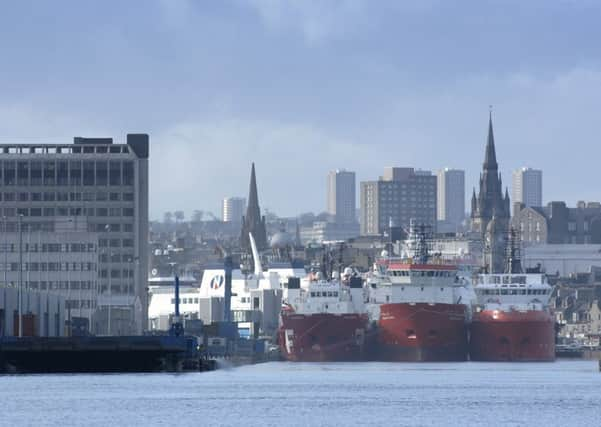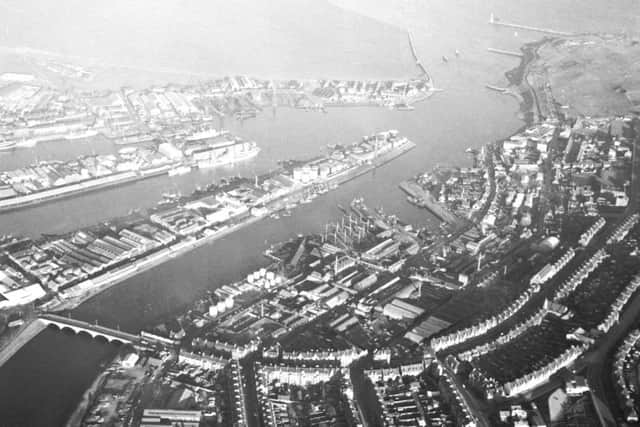Scottish fact of the week: Aberdeen Harbour Board


The Aberdeen Harbour Board was established in 1136 and is, according to the Guinness book of records, the oldest company in Britain.
The harbour itself, through eight centuries of trading, was a vital part of the enrichment and development of the North East of Scotland.
Advertisement
Hide AdAdvertisement
Hide AdSince the first established human habitation several thousand years before Christ, the estuary of the river Dee has been popular with inhabitants both for fishing and for trade.


The first recorded reference was in AD 1136 when King David 1st of Scotland granted the Bishops of Aberdeen the right to levy a tithe on all ships trading at the port and the company was formed.
Throughout the centuries the company was charged with the well being and maintainance of the dock, overseeing such milestones as the port’s first crane to load and unload ships being added in 1582, King James VI’s granting of a charter to raise funds for improvements in 1592 and the construction of a bulwark at Torry that helped deepen the entrance in 1607.
Trade increased to record levels following the Union of Parliaments with England in 1707. With further expansion limited by the harbour bar, the eminent engineer, John Smeaton, recommended the building of the first section of the North Pier. Completed in 1780, the 1,200-foot section increased the depth of water and provided shelter at the entrance.
Aberdeen received goods from all over the Empire as ships filled the port day in day out. During World War II, the harbour was an important naval base; air attacks caused considerable damage and the requirements of the war effort affected trade and development. Following the war, deep-water berths were constructed at Atlantic and Pacific Wharfs.
The discovery of the North sea oil reserves quickly refocussed the need for improvements in the port, the modernisation project began turning the Port into one of the most modern in the world.
Though the ship yards fell silent in 1991 effectively ending the great ship building tradition of the North, the port continued to prosper which it does to this day, where companies such as BP and Shell have invested money into the upkeep of the port.
Today’s Board is responsible for one of the UK’s busiest trust ports and the home of lifeline services to the Northern Isles, as well as the premier European hub of support for the offshore
oil and gas industry.